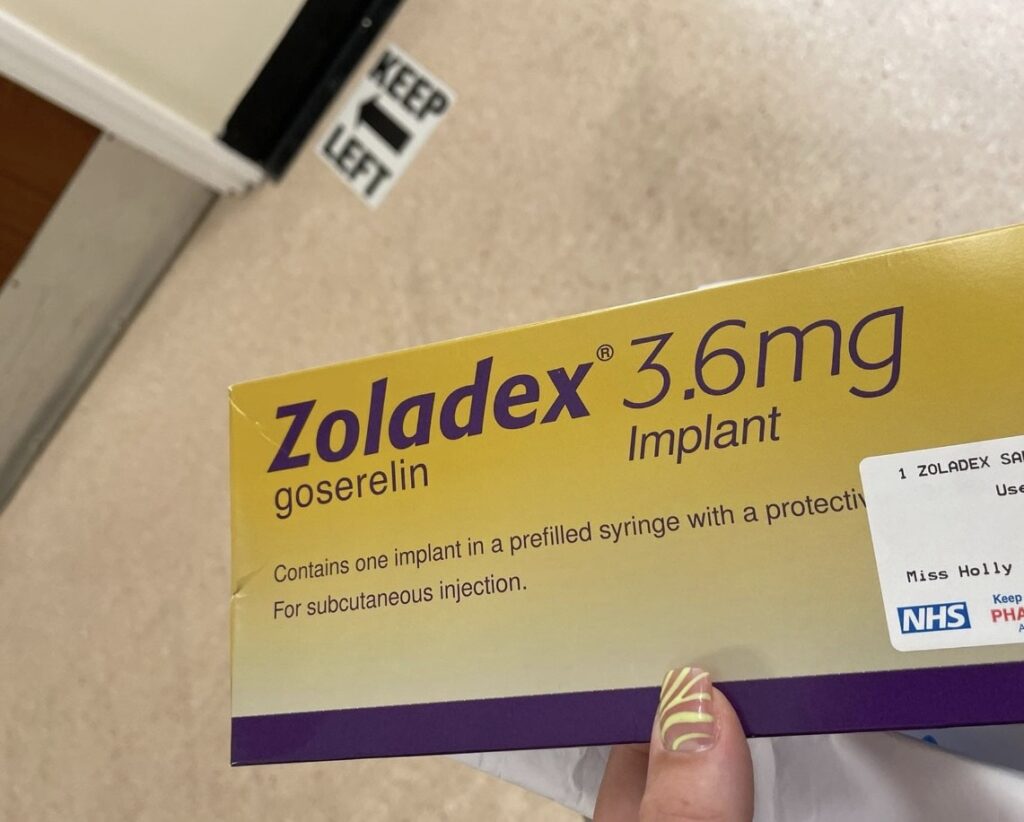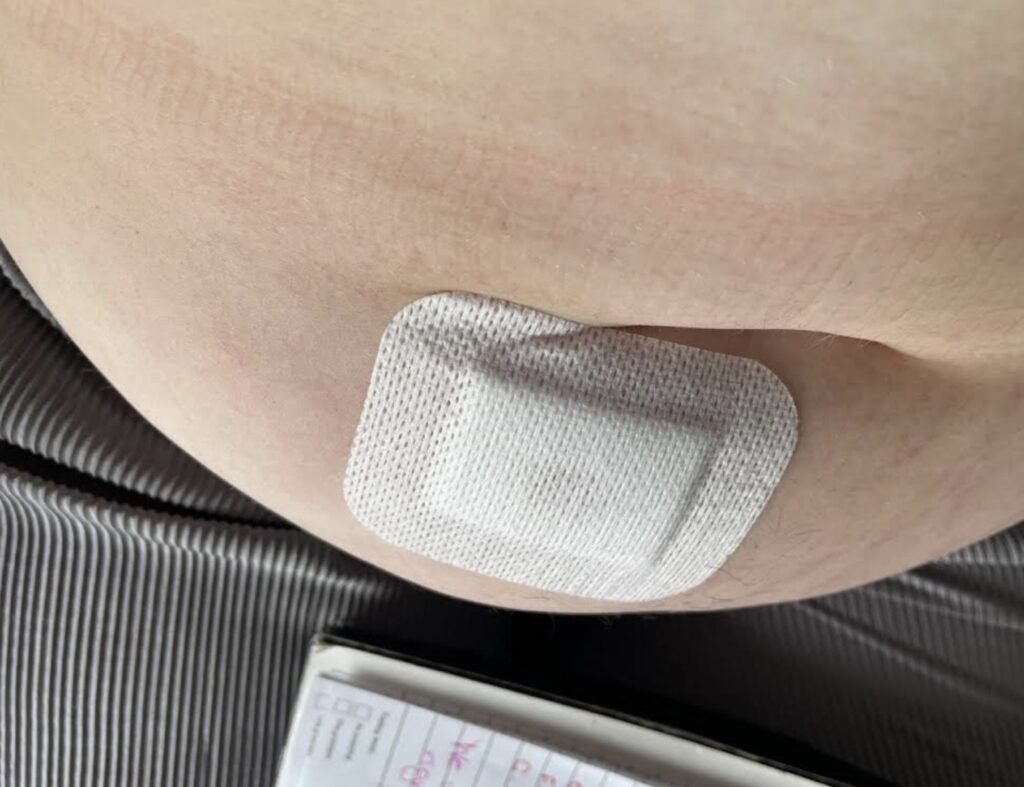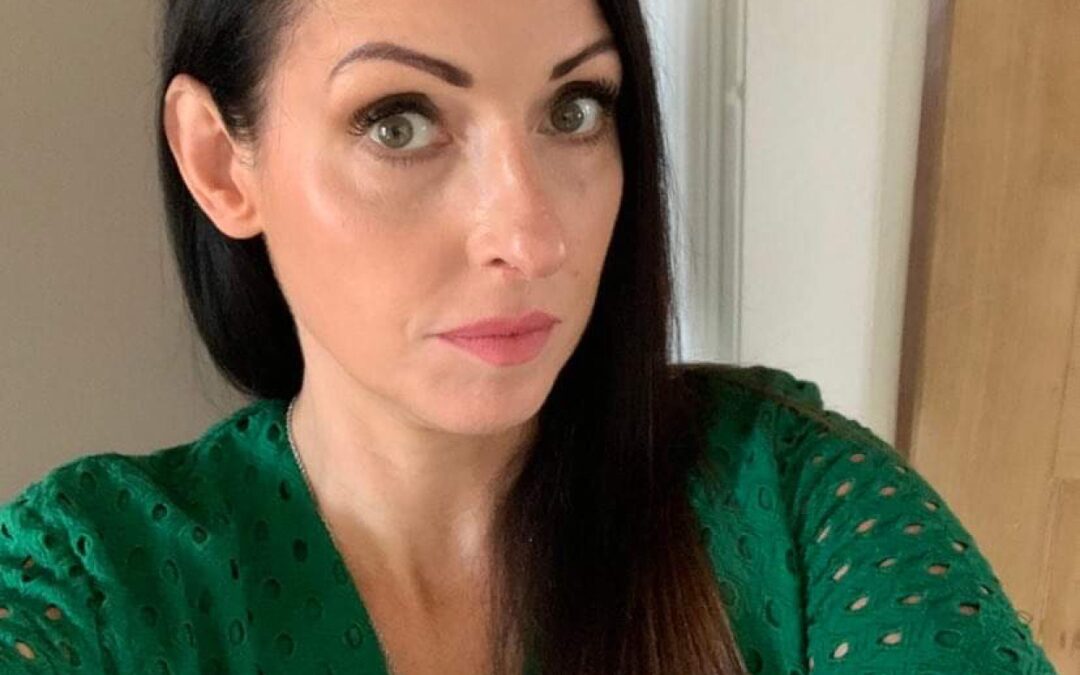An office administrator from Sheffield has spoken about her struggles with endometriosis.
Holley Staley was diagnosed with the condition in 2023 after suffering with painful periods that caused vomiting, and heavy bleeding.
One in 10 women in the UK suffer from Endometriosis and for most, will not receive a diagnosis for eight years.
The NHS defines Endometriosis as ‘a condition where tissue similar to the lining of the womb grows in other places, such as the ovaries and fallopian tubes.’
For many people this condition can be life-altering.
Ms Staley, 25, was told her pain from undiagnosed endometriosis was due to her ‘being too flexible’ and being able to touch her toes.

After having physiotherapy she had no difference in her pain.
“Last year in a job I had too much time off while I was going through my diagnosis and was penalised. I left in the end. It is exhausting having to explain myself to other people who don’t understand.”

Her Gynaecologist recommended the zoladex injection which is a hormone replacement therapy alongside mefenamic acid and tranexamic acid tablets for managing the pain.

Karen Louise, 45, a lecturer from Leeds has suffered since the age of 10.
“I have lost my uterus, ovaries, had a stent put between my kidney and my bladder, my bladder is damaged. I frequently pass blood in my urine and it is incredibly painful to empty my bladder, my bowels are scarred and stuck together with adhesions.”
Karen was admitted to hospital previously for suspected appendicitis, it was later found to be endometriosis.
She told ShefNews that she was called ‘dramatic’ and ‘time wasting’ by doctors which made her believe her pain was normal.
“I believed the pain I was experiencing was normal, that all women had this pain. This was the mental impact the dismissal of my pain by the medical profession had had on me. I had very little confidence in myself & was so unhappy for a lot of my life.”
After contraceptives did not work as treatment, Karen underwent laparoscopic surgery which is the only definitive way to diagnose endometriosis.
“I was left on waiting lists for months on end, only to find that the surgery would be done by another surgeon, who wouldn’t manage to get all the endometriosis, because they weren’t comfortable working with bowels/kidneys/bladders/livers/diaphragms”
After waking up from surgery she was told they had managed to remove some of the endometriosis and that hopefully it would be enough to see some improvement, she said it ‘never was’.
Karen then lost her fertility due to the damage caused by endometriosis.
“I was told there was no way I would ever be able to have children, as my body was so ruined by endometriosis.”
Endometriosis is the number one cause of infertility.
Endometriosis UK said: “The hormones released when pregnant temporarily suppress the menstrual cycle – which can alleviate symptoms. Often symptoms return after giving birth and their menstrual cycle has returned.”
If you are struggling with endometriosis or want to find out more information, Endometriosis UK has an FAQ section here or consult your local GP for further help.

